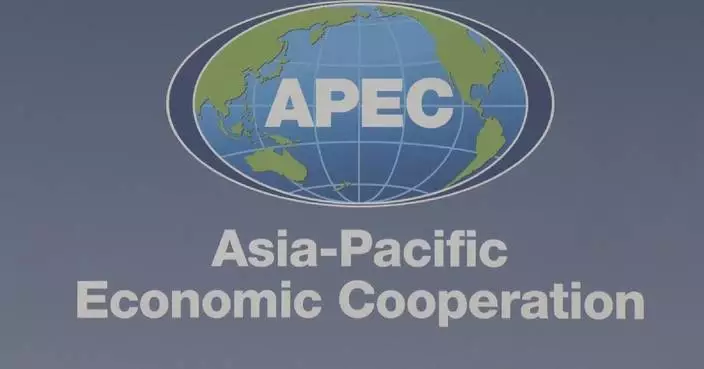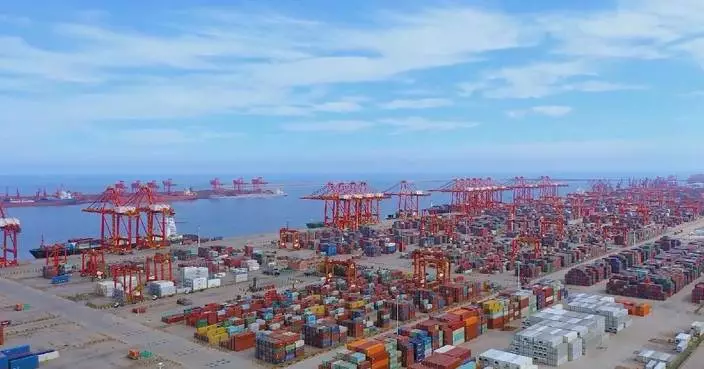The United States' once-thriving tourism industry is taking a sharp hit, as international travelers pull back in droves amid punitive tariffs and deepening global resentment.
With economic policies fueling uncertainty, businesses dependent on foreign visitors are scrambling to adapt to a steep decline.
California's iconic tourist spot, Venice Beach, exemplifies this downturn. Normally packed with visitors from around the world, its vendors have noticed noticeably smaller crowds, even during the peak of spring break.
"I was here in Venice in 2020. It was a lot busier. It was the pandemic, and we still had a lot of tourism during the pandemic, we were selling jewelry out here. Right now, as you can see, this is empty. None of the vendors are selling much," said John Vargas, a street vendor.
While tariffs may be the biggest factor driving the decline in tourism, other issues have also made the U.S. less appealing to international travelers.
"Well, everybody is going, 'well, you know, maybe we shouldn't go down there'. The tariff talk coincided with 51st state talk, and then disrespecting, the whole government across the line and everything. And that's when the Canadians said, 'Hold on a minute.' And then they just slowed down coming," said Terry Mathie, a resident.
One Wall Street firm warned that the U.S. could lose as much as 90 billion dollars in revenue from reduced travel and product boycotts by the end of this year. For places heavily dependent on tourism, it could be a long hot summer.

U.S. tourism slumps as tariffs, global backlash drive away int'l visitors

U.S. tourism slumps as tariffs, global backlash drive away int'l visitors

U.S. tourism slumps as tariffs, global backlash drive away int'l visitors
The new China-Mongolia cross-border railway is expected to serve as a new bridge for boosting connectivity between the two countries, Chinese Foreign Ministry spokesman Lin Jian said in Beijing on Thursday.
China and Mongolia held a groundbreaking ceremony on Wednesday to mark the official launch of construction on the Gantsmod–Gashuunsukhait rail project, which will be the second cross-border rail link between the two countries.
Lin said at a regular press briefing that the railway would inject new momentum into the development of China-Mongolia bilateral relations.
"On May 14, China and Mongolia held a ceremony to mark the official groundbreaking of the Gantsmod-Gashuunsukhait cross-border railway, which is the second cross-border railway between the two countries. Expanding cooperation in key areas such as economy and trade, energy, mining and connectivity is an important common understanding between President Xi Jinping and Mongolian President Ukhnaa Khurelsukh. In February this year, Premier Li Qiang and Mongolian Prime Minister Luvsannamsrai Oyun-Erdene jointly witnessed the exhibiting of the cooperation agreement on the Gantsmod-Gashuunsukhait railway and coal trade," said Lin.
"The construction of this cross-border railway is not only a concrete step of implementing the important common understanding between the presidents of the two countries, but also an important action to synergize the Belt and Road Initiative and Mongolia's Steppe Road Program. We hope this railway will serve as a new bridge for China-Mongolia connectivity, fostering deeper development integration, promoting industrial synergy, and expanding visits and exchanges, thereby injecting new impetus in to the building of a China-Mongolia community with a shared future," he said.

New cross-border railway to enhance connectivity between China, Mongolia: FM spokesman






















































